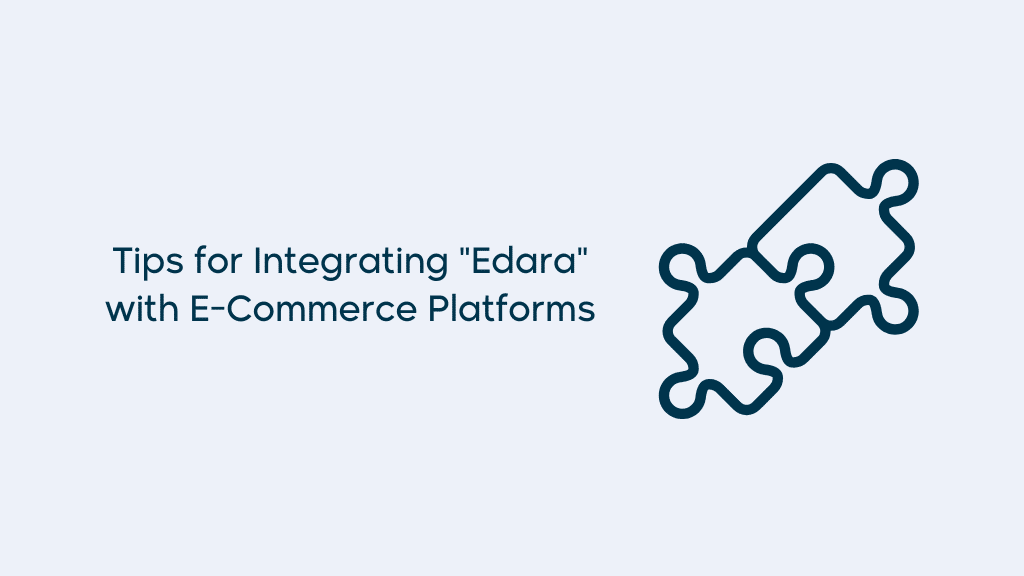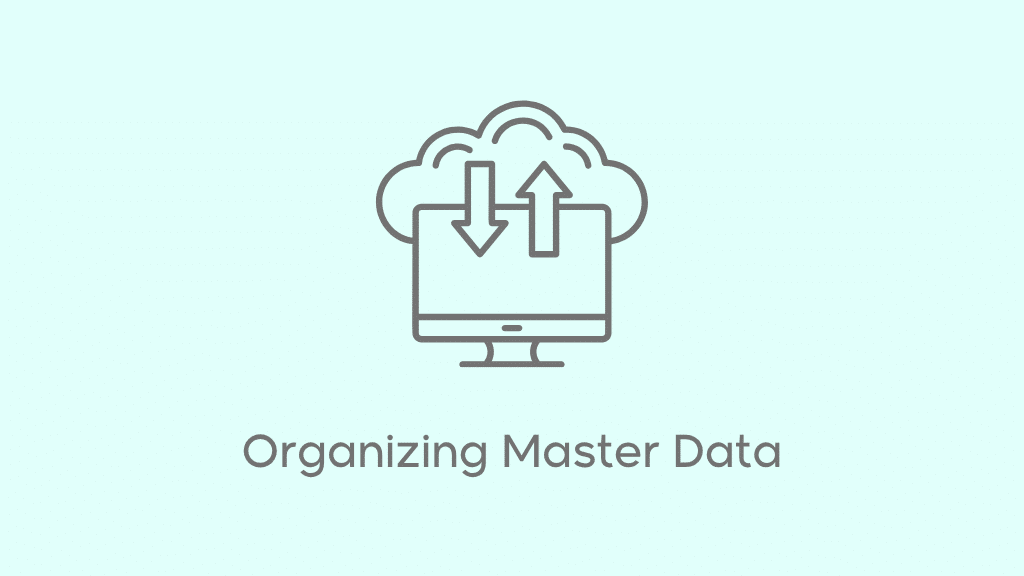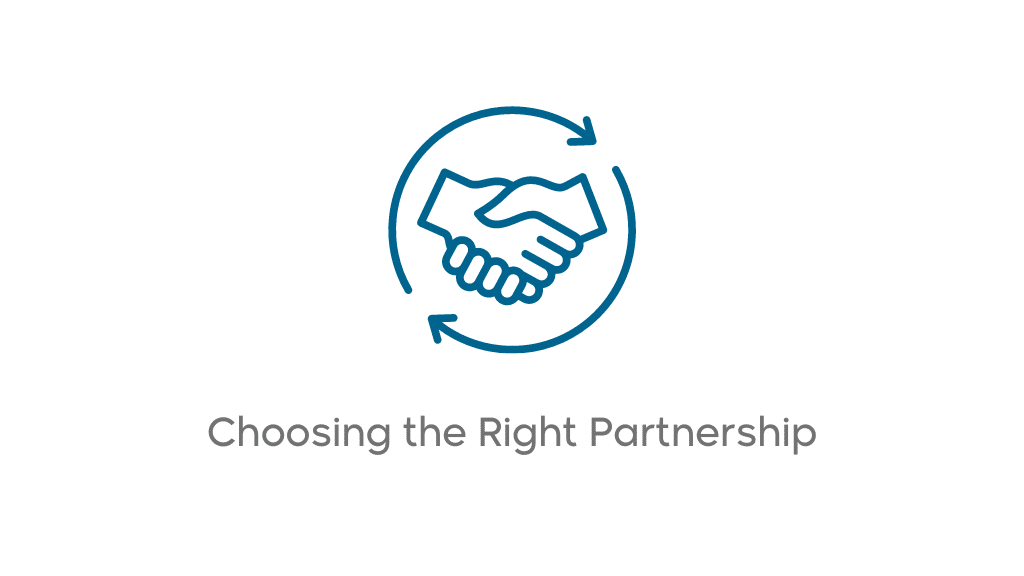Common Mistakes “Implementation Partners” Should Avoid
5 Reading minutes
Successfully implementing an ERP system like “Edara” requires more than just technical knowledge; it demands a deep understanding of business operations, clear communication, and well-structured execution.
However, even experienced implementation partners can fall into common traps that delay the process, frustrate clients, and ultimately impact the success of the project.
In this article, we’ll explore key mistakes that you should avoid to ensure a smooth implementation, maintain client satisfaction, and establish yourself as a reliable professional in the field.
Mistakes Partners Should Avoid
Success as an operating partner for Edara isn’t just about what you do right—it’s also about steering clear of missteps that can slow down the process, frustrate clients, and compromise efficiency. Here are some of the most critical mistakes to avoid:
Taking on a Project When You’re Not Ready
Sometimes, a great opportunity comes along, and enthusiasm pushes you to accept a new project immediately. But if you’re not fully prepared, you’ll quickly run into roadblocks that disrupt progress and create unnecessary complications.
Being ready doesn’t just mean having the technical knowledge—it also means ensuring you have enough time, the right team, and the necessary resources to deliver a smooth implementation.
If you’re already handling multiple projects or working with limited resources, your ability to execute efficiently will suffer.
Jumping in without proper preparation won’t just delay the project—it will also leave a poor impression on the client, making you seem unprofessional and unreliable.
So before taking on any new project, assess your availability and resources carefully. Only commit when you’re confident you can deliver the best possible service.
Read about: Managing Your First “Edara” Implementation Project
Not Understanding the Operational Cycle Correctly
In every project, a lack of deep understanding of the client’s operational cycle can lead to confusion and inefficiencies.
If you’re unfamiliar with how their processes work and fail to grasp the key details of their workflow, your implementation of the system will be flawed from the start.
The more uncertainty you have, the more time you’ll waste proposing ineffective solutions. This confusion doesn’t just impact you—it directly affects the client.
If they struggle to understand the system, find it overly complex, or fail to see tangible improvements, they may ultimately abandon it after the trial period.
To avoid this, take the time to thoroughly understand the client’s business cycle, including their key processes, transactions, and records.
The better you grasp their operations, the more effectively you can guide them through the system, ensuring a smoother implementation and a higher chance of long-term success.
Meeting the Client Without Verifying Their Data
One of the biggest mistakes you can make is meeting with the client without thoroughly reviewing their data. If you haven’t carefully examined the information they provided, you risk running into unexpected issues that will waste valuable time during the meeting.
This not only slows down the process but also leaves a negative impression about your professionalism and preparedness.
Clients expect you to be ready with accurate insights and solutions, not to spend the session discovering problems that could have been identified beforehand.
To avoid this, always verify and review all relevant client data before starting training or implementation. This ensures a smoother workflow, builds trust, and helps you address any potential challenges proactively.
Overlooking Documentation
Documentation is often considered a secondary task, but in reality, it is a crucial part of ensuring transparency and maintaining the integrity of operations.
Failing to document key details—such as agreements, project plans, and client requirements—can lead to misunderstandings and disputes over what was initially agreed upon.
Without proper records, expectations can become unclear, and resolving conflicts will be much harder.
To avoid these risks, always document every step of the process. Keep a clear record of project details, client needs, and any modifications made along the way.
This will serve as a reliable reference, ensuring smooth collaboration and preventing unnecessary confusion in the future.
Read about: Why Edara Partners Should Build a Specialized Team
Letting the Client Set the Operating Plan
It’s natural for the client to have their perspective on how to operate “Edara,” as they understand their daily workflow best.
However, allowing them to dictate the entire plan can lead to unnecessary or unstructured steps that ultimately reduce the system’s efficiency.
This doesn’t mean excluding the client from the process. On the contrary, they should play a key role in defining their needs, while you take charge of designing an effective plan based on those needs.
Adjustments can be made according to the client’s requirements, but you must maintain control over the implementation to ensure the best possible results.
The key is balance—make the client a collaborator in shaping the plan, not the one fully in charge of it.
Prioritizing Inquiries Over Completing the Explanation
It’s natural for the client to ask questions during training sessions, but if you let inquiries take over, you risk losing focus and wasting time on scattered discussions instead of delivering structured information.
The best approach is to complete your explanation first, ensuring that all key points are covered, and then allocate a dedicated time for questions.
This way, many inquiries may already be answered during the explanation, and the discussion will remain more organized and effective.
Always ensure that your presentation is comprehensive, covering each topic fully before allowing questions. Addressing inquiries after delivering the complete explanation helps maintain a smooth and efficient workflow.
Delaying Responses to the Client
Clients value their time, and any delay in responding—whether via email or phone—can create frustration or concern about the level of service they’re receiving.
To maintain professionalism and build trust, always aim to respond promptly. If you’re unable to provide an immediate answer, acknowledge the inquiry and confirm when the client can expect a response. This simple step reassures the client and reinforces your commitment to excellent service.
Failing to Follow Up After Project Implementation
Successfully implementing the system is only the beginning. Following up with the client afterward is crucial to ensure that everything is running as expected.
Many operating partners assume that their job is done once the system is installed or the training is completed, but ongoing follow-up is essential to maximize the client’s benefit from the service.
Neglecting this step not only risks client dissatisfaction but also means missing opportunities to enhance service quality or offer additional support.
Follow-ups can open the door to expanding your collaboration—whether through advisory services in accounting management or helping clients optimize their financial data analysis.
Make follow-up an integral part of your service, and proactively check in to ensure smooth operations and long-term client success.
Finally, Avoiding common mistakes and following best practices are what set a successful operating partner apart.
Being an operating partner is a continuous journey of learning and growth—there’s always room for improvement. So, treat every step of the project as an opportunity to add value, refine your approach, and ensure that no aspect of your work is overlooked.
Related articles
Implementor’s Tips for Integrating “Edara” with E-Commerce Platforms
Are You Facing Challenges as an “Edara” Implementor? As an implementation partner, ensuring a seamless connection between “Edara” and e-commerce platforms like Shopify and WooCommerce can sometimes be challenging. Issues…
How to Organize Your Mobile Master Data in Edara?
When setting up your master data in “Edara,” accuracy is key. Properly entering items, customers, suppliers, and accounts ensures smooth system performance and avoids future issues. In this article, we…
“Edara” vs. Open Source ERP: Which Partnership is Right for You?
As the trend toward self-employment grows—whether as a primary career or an additional income stream—ERPs are paving the way for professionals to embark on independent ventures. The choice between aligning…


